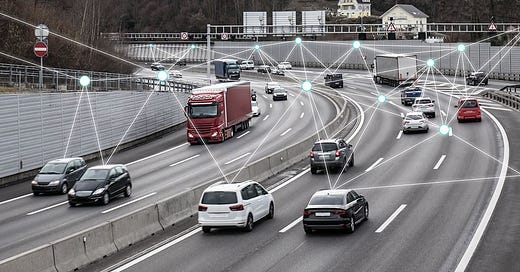Vodafone Rolls Out Centimeter-Level Positioning Service to Locate Vehicles, Drones and Cargo
Working With Sapcorda to Deliver Precise Positioning Service
A new partnership hopes to bring centimeter-level positioning to autonomous vehicles, medical drones and precious cargo. Vodafone and Sapcorda recently tested the technology to remotely track a vehi…
Keep reading with a 7-day free trial
Subscribe to Location Business News to keep reading this post and get 7 days of free access to the full post archives.



